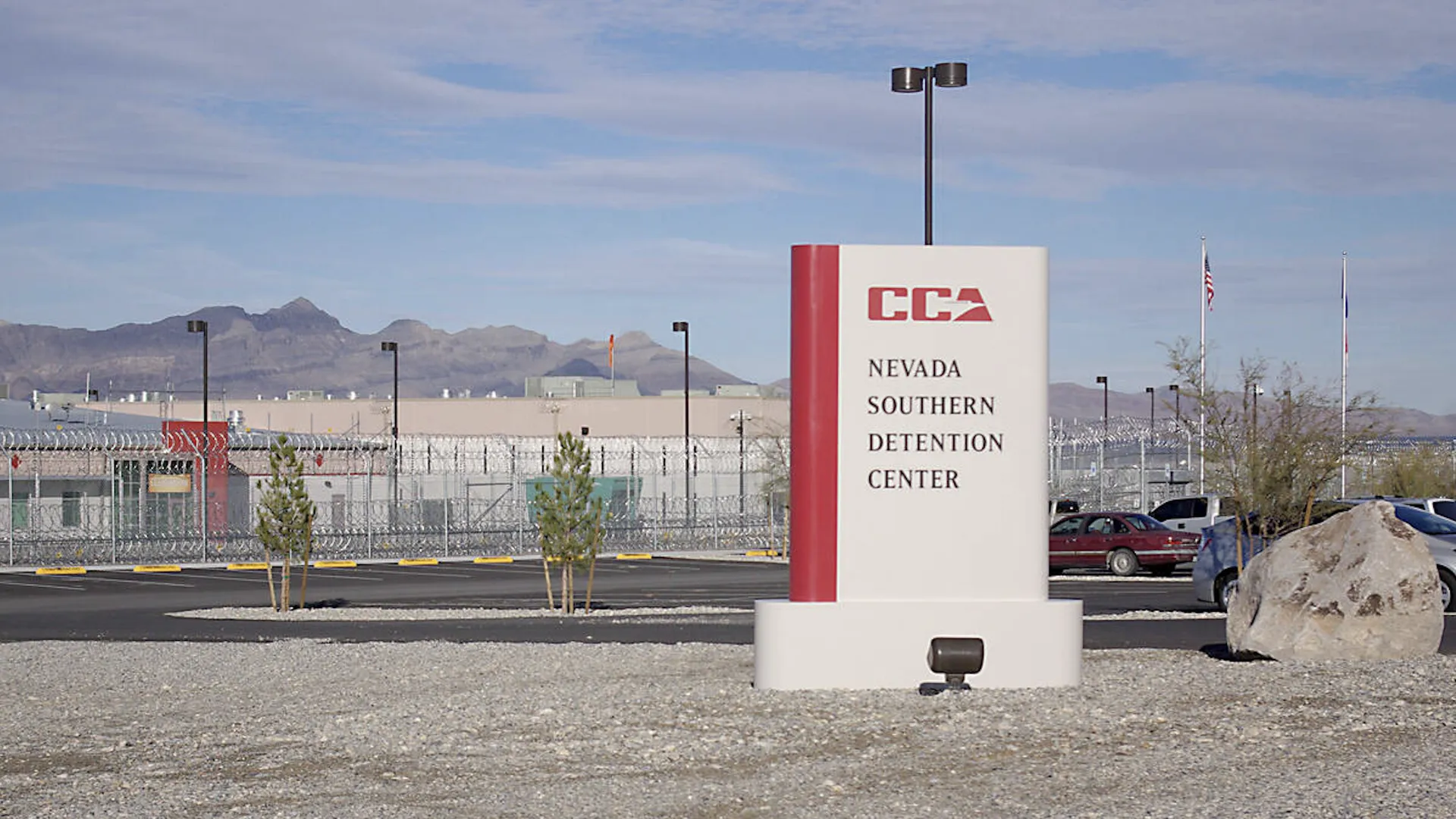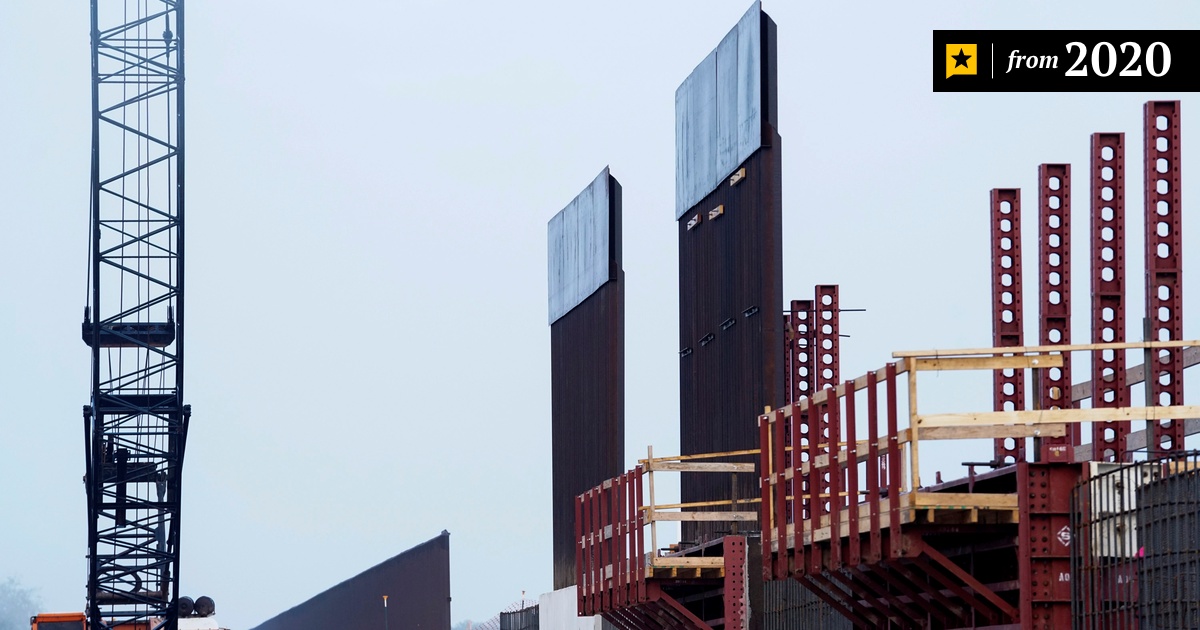The recent congressional decision to allocate $150 billion toward immigration enforcement marks a deeply troubling shift in U.S. policy, transforming Immigration and Customs Enforcement into the largest law enforcement agency in the nation. This unprecedented funding is poised to support a mass deportation agenda that prioritizes profit over humanity, and the ramifications for immigrant communities and social justice are dire.
Massive Funding for Detention Expansion
According to the Washington Post, the two largest allocations in this budget bill—$45 billion each—are earmarked for the construction of Trump"s border wall and the expansion of immigration detention capacity. This funding dwarfs the current annual budget for ICE detention, which stands at around $3.4 billion. With estimates indicating that the new funds could support around 116,000 beds for detainees, we face a chilling reality: the potential for more than double the current detainee population. The conditions in existing facilities are already inhumane; expanding capacity will only exacerbate these issues.
Profit Motive Behind Detention
As reported by AP News, the bill is not just about enforcement; it has created a lucrative opportunity for private companies that manage these detention centers. The surge in funding will likely lead to contracts with corporations that have historically profited from the incarceration of immigrants. CoreCivic and Geo Group have seen their stock prices soar since Trump assumed office, reflecting the alarming financial incentives to detain and deport. This is not just an immigration issue; it is a fundamental challenge to our moral compass as a nation.

CoreCivic signs deal with ICE to expand immigrant detention ...
Escalation of Surveillance and Enforcement
The bill also allocates $16.2 billion for the Department of Homeland Security, aimed at hiring thousands of new ICE and border enforcement agents. As outlined by Reuters, this influx of personnel will facilitate an increase in ICE raids and detentions across communities. Reports of ICE targeting churches, farms, and public spaces reveal the pernicious nature of this strategy, which disproportionately impacts marginalized groups. The relentless pursuit of immigrant quotas will foster an environment of fear and distrust, further alienating immigrant populations from essential services.
Systemic Consequences of Increased Detention
The implications of this funding extend beyond immediate enforcement actions. The anticipated backlogs in immigration courts, exacerbated by increased detentions, will further strain judicial resources. The criminalization of immigrant communities will deepen, as individuals face unjust deportation proceedings without access to legal representation. As stated by The New York Times, the punitive approach to immigration is increasingly supported by a diverse coalition, including working-class Latinos, revealing a complex landscape of public sentiment that must be addressed with nuance and empathy.

Federal records show the price tag of Trump"s border wall is ...
Environmental Justice and Immigration Policy
At the intersection of environmental justice and immigration policy lies a critical reality. Many immigrants are fleeing environmental degradation and climate-related crises in their home countries. The expansion of ICE"s resources reflects a stark disregard for the root causes of migration, which are often tied to ecological instability. As a former environmental scientist, I see this as not just a social justice issue but also an environmental crisis. The lack of acknowledgment of these realities in policymaking further marginalizes those already suffering the consequences of climate change.

![[Video] Anti-ICE Protester Pepper Sprayed as CBP Agents Disperse Crowd in Minneapolis](/_next/image?url=%2Fapi%2Fimage%2Fthumbnails%2Fthumbnail-1768260677127-y71sb7-thumbnail.jpg&w=3840&q=75)

![[Video] Several injured as U-Haul truck drives through Iranian protestors in Los Angeles](/_next/image?url=%2Fapi%2Fimage%2Fthumbnails%2Fthumbnail-1768176682028-q95y6j-thumbnail.jpg&w=3840&q=75)
![[Video] Scuffle breaks out between Trump supporters and Anti-ICE protesters in Times Square](/_next/image?url=%2Fapi%2Fimage%2Fthumbnails%2Fthumbnail-1768165958203-hgcgb-thumbnail.jpg&w=3840&q=75)


![[Video] Gunfire between Iraqi security forces and Sadr militias in Baghdad](/_next/image?url=%2Fapi%2Fimage%2Fthumbnails%2Fthumbnail-1768343508874-4redb-thumbnail.jpg&w=3840&q=75)
